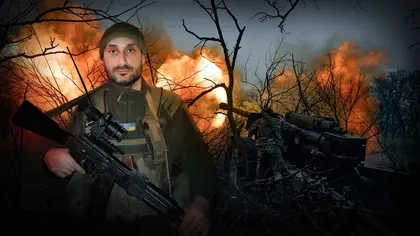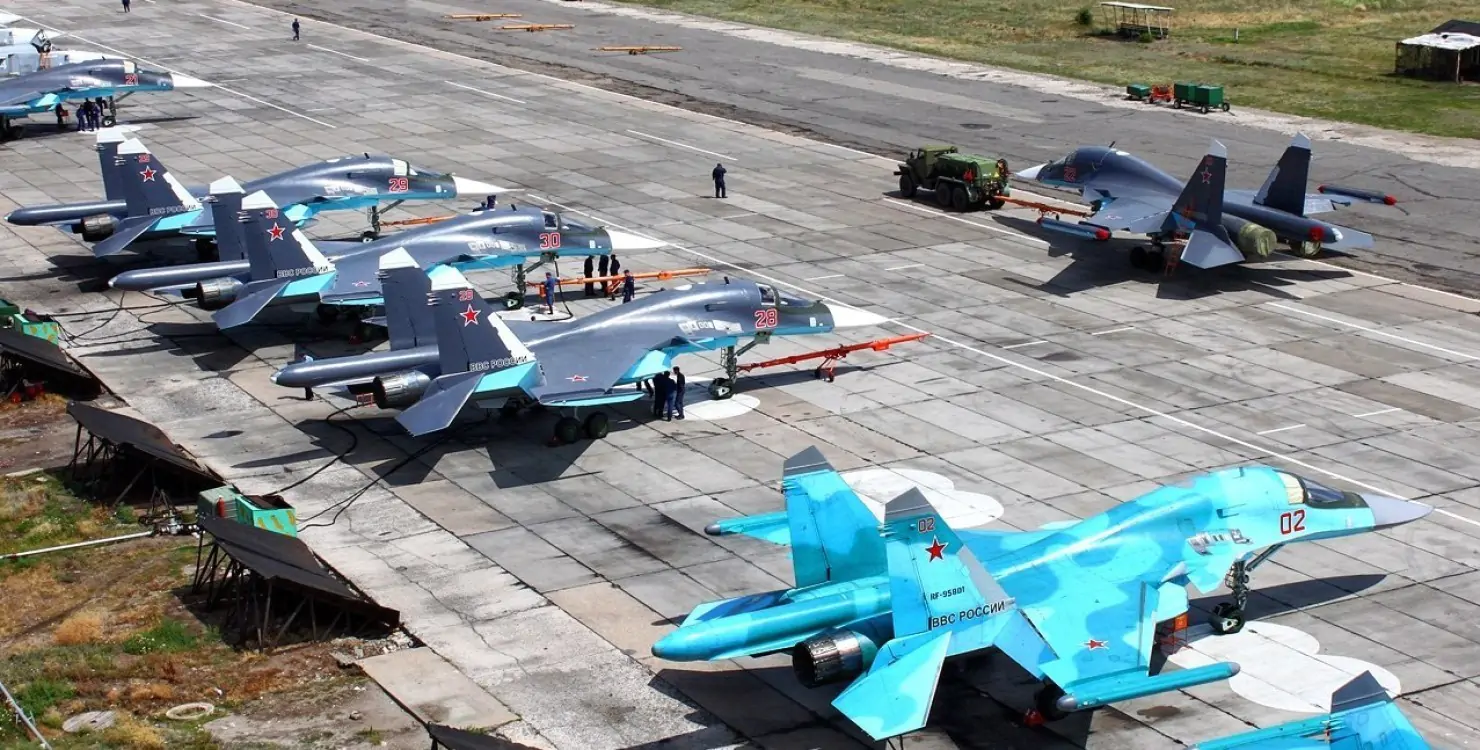“In my opinion, they’re definitely taking some sort of drugs, because people in a normal psychological state wouldn’t do that,” says Ukrainian Armed Forces (UAF) soldier Leshiy (full name withheld for security reasons) as he describes to Kyiv Post the behavior of Wagner troops he recently fought in Bakhmut.
“Thirty meters away from our position, he gets up and starts digging a trench, like you’re not even bothering him,” he says.
JOIN US ON TELEGRAM
Follow our coverage of the war on the @Kyivpost_official.
“You eliminate him, and then after 15 minutes, you notice he seems to be moving. ‘How is that possible,’ you think? You know that you killed him, and then you see another one. So they push the dead one out, and the next one comes out to dig further. You kill the next one. And they can do this for three days in a row.”
Leshiy is part of the 28th Separate Infantry Battalion, which recently spent two weeks fighting in the vicinity of Klishchiivka, a small village just to the south of Bakhmut.
“We suffered losses,” he says. “Our infantry battalion had many wounded and were frostbitten because it was still freezing.”
Yet the Russians Leshiy was fighting seemed almost impervious to the conditions.
“It’s minus twenty outside and they’re nearly naked, digging in their shirts,” he says. “The steam is coming from them, and you throw a grenade into that steam because it’s hard to use a machine gun. I wouldn’t have believed it if someone had told me this before.”

Ukrainian HIMARS Attack Blasts Russian Mobile HQ
Leshiy and his unit have since been rotated out of the area and are currently stationed in the Kharkiv region, but the fight for Bakhmut rages on.
Despite horrific losses on both sides, President Volodymyr Zelensky said on Monday that his military commanders unanimously supported the view that “there is no part of Ukraine about which one can say that it can be abandoned.”
He added: “There were no other positions. I told the commander to find the appropriate forces to help our guys in Bakhmut.”
While the exact toll on either side is difficult to accurately ascertain, Ukraine claims the “meat wave” tactics employed by Moscow’s forces – essentially throwing masses of poorly trained and equipped men into the fight as cannon fodder – mean Russia is losing men at a rate of seven to one compared to Ukrainian losses.
This is borne out by Leshiy’s experience. “They don’t care about losses,” he says. “Everything was covered with bodies.
“I don’t want to count [the number of Russian I killed per day], but it was dozens. They press you down with machine guns somewhere, hoping you won’t look out and fire back. They just hope to run 20 meters, fall and throw a grenade into your trench.”
While the conditions for Russian troops are practically suicidal, the tactic is taking a heavy toll on the Ukrainian forces defending the area.
“They attack very actively,” says Leshiy. “Three drones a day drop grenades on your head, a couple of tons of artillery are poured in, then the infantry attacks and there are close quarters fights. We had losses every hour – a wounded or a dead man, there are fewer and fewer people, and we wonder if help will come on time. Of course, over time, you learn to repel such attacks.”
One of the crucial issues facing both Ukraine and Russia right now is the supply of ammunition, particularly artillery shells.
As the fight rages, the head of Russia’s Wagner mercenary group spearheading the Bakhmut battle has complained that his forces there lack ammunition.
Yevgeny Prigozhin alleged late Sunday that Russian reservists meant to deploy to Bakhmut had been diverted and that ammunition promised by the military was days late in arriving.
Ukraine also faces an artillery shortage and limits use to when a target’s exact location is known, standard procedure for Western armies, but on the frontlines and compared to Russia’s more indiscriminate use, it can feel like the Kremlin’s forces have the advantage.
“The Russians have a better situation with shells,” says Leshiy. “At least, that’s what it felt like.”
Despite Zelensky’s recent order to reinforce Bakhmut, analysts have said there are signs Ukraine is taking steps to prepare for a withdrawal if needed.
The Institute for the Study of War recently said “Ukrainian forces are likely conducting a limited tactical withdrawal in Bakhmut,” though it added that “it is still too early to assess Ukrainian intentions concerning a complete withdrawal from the city.”
Ukrainian forces in Bakhmut are currently surrounded on three sides by Russian forces. The UAF said Sunday that its troops had fought off more than 130 Russian attacks in a single day and that Moscow’s forces were trying to encircle the city.
Asked if Bakhmut should be defended, Leshiy says: “The question is at what cost. Perhaps the Command will make a decision to save soldier’s lives and give the order to withdraw to other strategic positions. I don’t know how strategically important Bakhmut is at my level.”
Leshiy also served in the army in 2014-15 and fought in the Donbas in Debaltseve, but he says the fighting then was incomparable to what is happening today.
“In Debaltseve, there was no such fierce and large-scale fighting at all. Now the scale is simply breathtaking.”
Then, as he concludes the interview, a lament cuts through: “We didn’t realize how happy we were before the full-scale invasion.”
You can also highlight the text and press Ctrl + Enter






